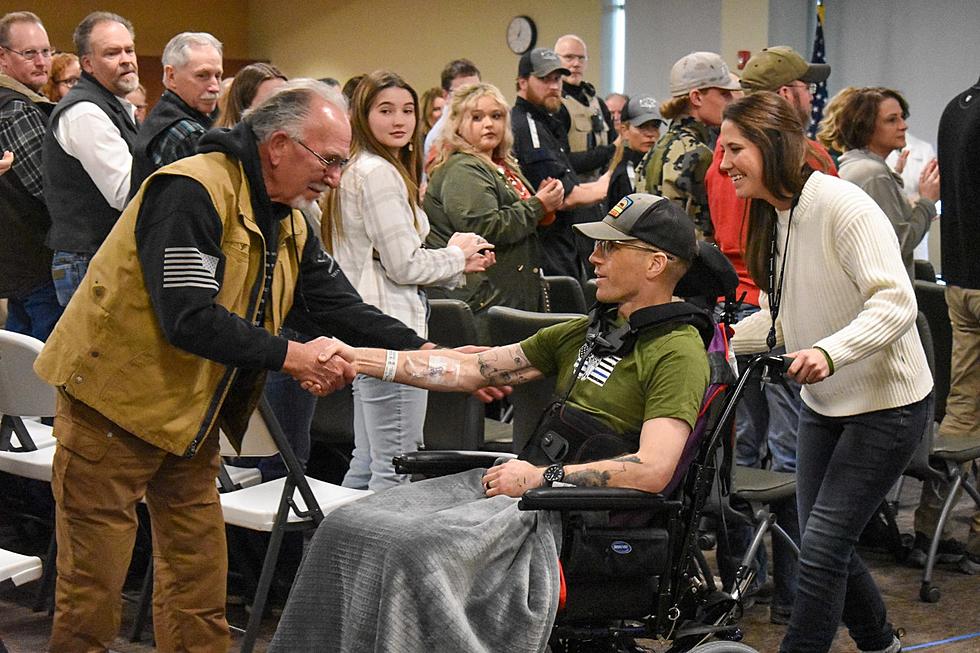
What is the University of Montana Doing About Open AI’s Chat GPT
Missoula, MT (KGVO-AM News) - A recent report by the executive coaching firm of Challenger, Gray and Christmas recently asked Open AI’s rapidly expanding chatbot called ChatGPT how many jobs the new technology might replace.
The answer was a mind-boggling 4.8 million within the next few years.
ChatGPT could also pose a big problem to educational institutions like the University of Montana with the possibility of students using the new technology to avoid the hard work of study and research.
KGVO News spoke with the University of Montana's Director of Strategic Communications Dave Kuntz, who looked ahead at dealing with the new technology.

ChatGPT is a New Technology that is Transforming the Work Landscape
“Right now there is no formal policy here at the University of Montana regarding the use of artificial intelligence in this matter,” began Kuntz. “But we certainly recognize that in the coming years ahead, it's going to be something that we're going to have to address. It's not just the student's use of artificial intelligence, but also at the University of Montana and other public research universities like ours, we have a responsibility to work with these technologies, to understand the direction they're going and help society as we have the ethical and legal conversations about these emerging technologies that are just developing so rapidly.”
Kuntz said UM has its work cut out in Adapting to the New Technology
Kuntz said over the years UM has seen rapid development in technology and the school has its work cut out in adapting the new developments to the education of its students.
“You've seen some of these technology disruptors on our campus, especially over the last generation in terms of the transition into laptops and wireless internet,” he said. For people of a certain age, including myself, it's almost unrecognizable if you walk into a lecture hall today to see how students are utilizing computers and their cell phones as part of the learning experience here at UM and other universities. Really, it's our job here at the University of Montana to ensure that students are prepared to enter into the world and enter into the workforce, and so we have a lot of work ahead of us both here at the University of Montana, and really across the education landscape.”
Kuntz said employers are communicating with the university about the importance of graduating students who can understand and master the newest technology.
“What employers are telling the University of Montana right now is they really need the university to graduate students who have the real core competencies that are needed to evolve in the workplace,” he said. “Skills like critical thinking, communication, being able to solve problems, being able to organize and to communicate well within a structure. With that in mind, I think you can draw a really clear line and that's something that I'm sure we'll be debating here in the months ahead, is how much of these technologies are going to erode some of these core competencies that employers are really looking for with our graduates.”
Kuntz looked back at the time when calculators made their appearance on campus, and the importance of understanding the pure math and concepts behind them.
UM's Leadership will be Investigating these 'Technology Disruptors'
“We've had the technology of calculators for a long time, but we still spend a lot of time working with our students to understand the math behind those calculators,” he said. “I think it's going to require a little bit of a shift for us. I do think the University of Montana is well positioned to deal with some of these disruptors that I've discussed, and there are going to have to be some decisions made just in terms of codes of conduct and plagiarism and some of the other stuff that's existing, so I'll keep you in the loop as those are covered.”
According to ChatGPT, some of the careers most at risk to the technology are customer service representatives, translators and interpreters, technical writers, copywriters, and data entry positions.




